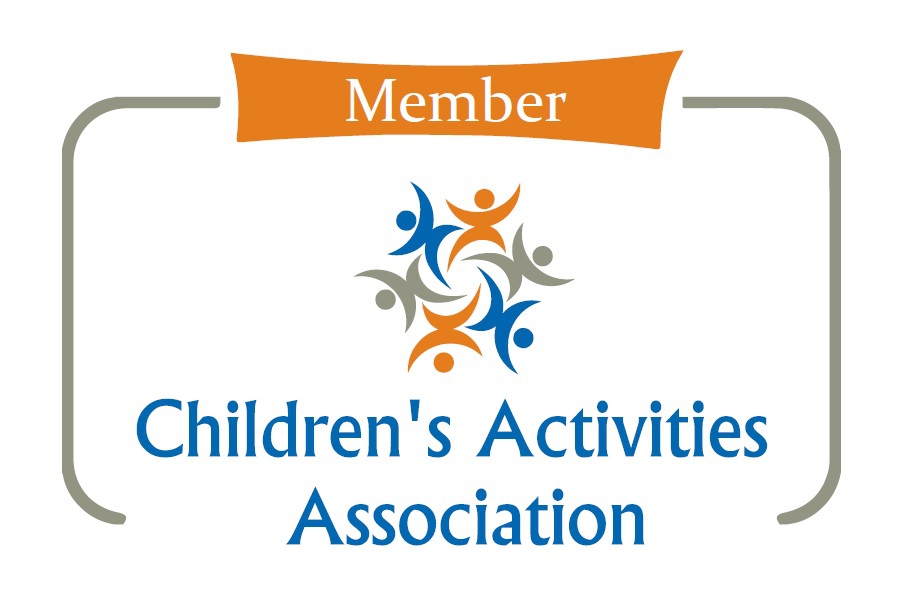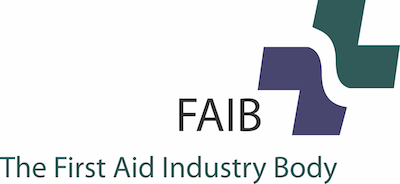Have you heard of a febrile seizure? These relatively common, but frightening seizures are surprisingly not very well known about amongst parents and carers. Whilst we don't want to frighten anyone, we feel it's better you are forewarned and forearmed. After all, if your child experiences a febrile seizure and you have never heard of them, it is likely to be an extremely distressing experience.
What is a febrile seizure?
Febrile seizures (also known as febrile convulsions) are fits that can happen when a child has a fever. Around 1 in 20 children will have at least one febrile seizure at some point. They most often happen between the ages of 6 months and 6 years, the age at which our body’s heat control system is rather amateur and we are unable to regulate our body temperature properly. Illnesses which bring on a fever such as chicken pox, flu, ear infections and tonsillitis are some of the more common causes of febrile seizures, although it’s important to remember they don’t usually cause seizures. Other infections associated with febrile seizures are urinary tract infections, gastroenteritis, pneumonia and bronchitis.
Medical professionals think there may be a genetic link when it comes to febrile seizures, as the chances of a child having them are higher if a close family member has a history of them. And it is important to know that you can't prevent febrile seizures - they are a natural reaction to infection and a high temperature.
What happens during a seizure?
When a baby or child experiences a febrile seizure, their body goes stiff and twitches or jolts (sometimes violently), and during this time they may be unconscious. Don't be frightened if your child won't respond or look at you when you talk to them. Sometimes the child will be sick, foam at the mouth and their eyes may roll back. They may also wet or soil themselves. The seizure (fit) usually lasts for less than 5 minutes, and it would be unusual for it to last more than 10 minutes.
After the seizure, your child may be sleepy, confused or irritable for up to an hour.
Febrile seizures and epilepsy
A lot of parents worry that if their child has febrile seizures, they will develop epilepsy when they are older. Whilst it is true that children who have a history of febrile seizures have an increased risk of developing epilepsy, this increase is very small. If you have any concerns then talk to your GP.
How should you react to a febrile seizure?
As much as you can, stay calm and remember this is just the body’s way of coping with an unusually high temperature.
Protect your child’s head from harm by padding around the head.
-
Move hard items away from them that might hurt them.
-
Do not move your child unless they are not in a safe place.
Keep your child cool by removing any extra bedding or additional layers, but take care not to over-cool.
-
Do not put anything in their mouth including medicine or a thermometer as this could cause injury or tongue biting.
-
Ensure your child has a supply of fresh air.
-
Stay with them and try to keep a note of how long the seizure lasts.
-
Call 999 and ask for an ambulance if this is your child's first febrile seizure (or if not their first, but have had more than one in 24 hours). Make them aware if you think the seizure has been caused by a serious illness like meningitis.
-
Once the seizure is over, place your child on their side with their head tilted back (the recovery position) - you can learn how to do this at our 2 hour class.
-
Continue to monitor your child's breathing.
As it is unlikely that your doctor will have seen the seizure occuring, an account of what happened will be really useful. Ideally let your doctor know:
- how long the seizure lasted
- what happened e.g. twitching legs and arms, being sick
- did your child recover within an hour?
- have they had a seizure before?
At the hospital your child may need some tests, including blood, urine and potentially a lumbar puncture to check for infection.
While it is unlikely there is anything seriously wrong, it is nevertheless important to get your child checked over by medical professionals by alerting 999. Febrile seizures usually only occur once, so if the seizure reoccurs within 24 hours, again ring 999 as this could be a sign of something more serious.
We hope you never have to experience the fright of a febrile seizure, but that you are now more prepared, just in case.
All the best, Mini First Aid x
Sources: NHS online, NHS Inform Scotland
Going away? Take our Travel Bundle with you!
 If you're going away for the upcoming Easter holidays, our Travel Bundle offers everything you need for a safe and comfortable trip, including 6 best-selling items. It features the award-winning Mini First Aid Kit, a CPR Mask Keyring, Tick Twister, box of 4 WASuP Bite & Sting Relief, box of 2 Tumble the Tiger instant cold packs, and Toddle Insect Repellent. This bundle provides great value and peace of mind for travellers.
If you're going away for the upcoming Easter holidays, our Travel Bundle offers everything you need for a safe and comfortable trip, including 6 best-selling items. It features the award-winning Mini First Aid Kit, a CPR Mask Keyring, Tick Twister, box of 4 WASuP Bite & Sting Relief, box of 2 Tumble the Tiger instant cold packs, and Toddle Insect Repellent. This bundle provides great value and peace of mind for travellers.







